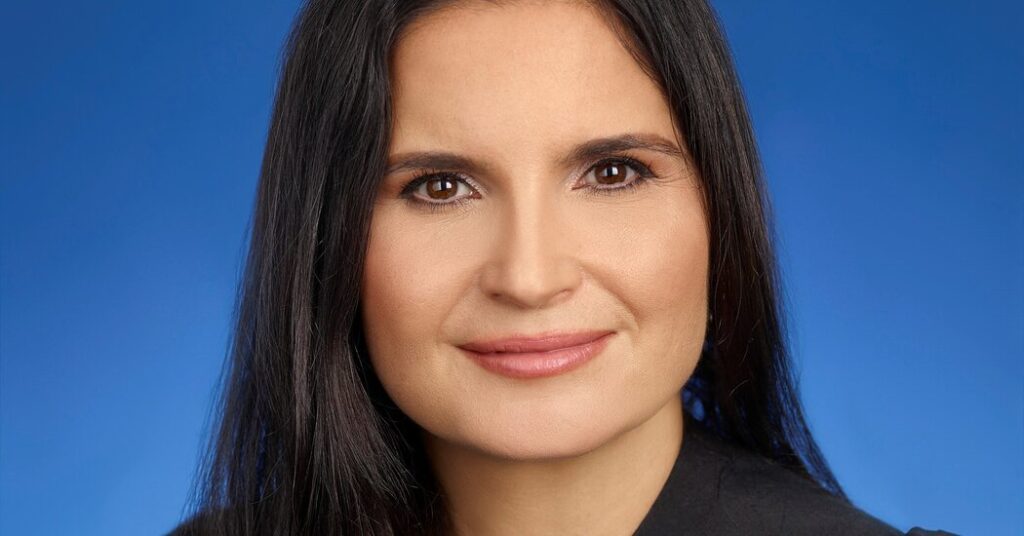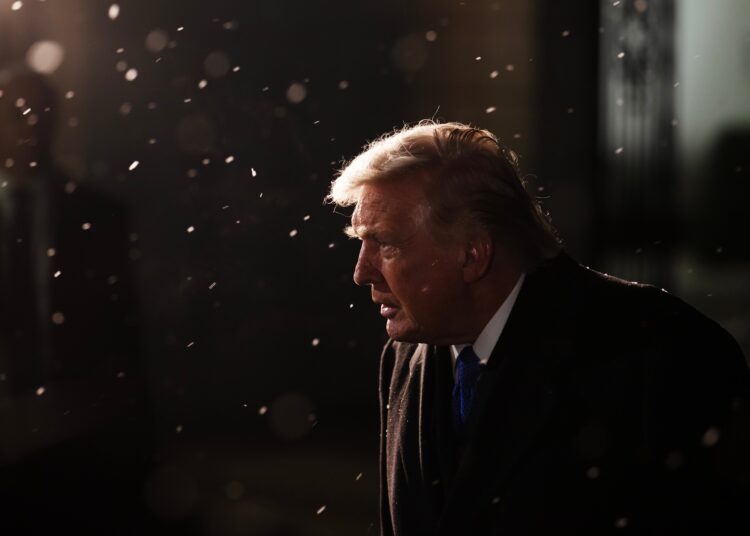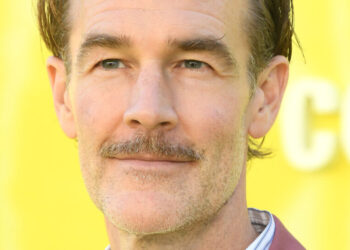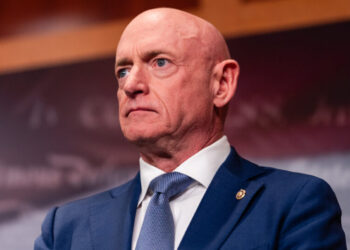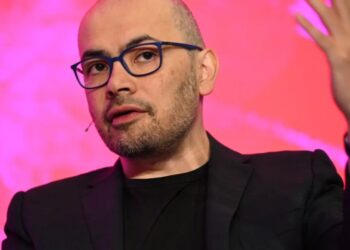The U.S. attorney in Miami, who is running a sprawling investigation into former officials who investigated President Trump, has been granted an unusual request to convene an extra grand jury at the federal courthouse in Fort Pierce, Fla. The location ensures that just one judge can oversee it: Aileen M. Cannon.
That raises a question with intriguing political and legal overtones. Could Judge Cannon again end up as a key player in a Trump-centric case, this one centered not on accusations of wrongdoing by him but on whether the Russia investigation and the charges against him after he left office in 2021 amount to a conspiracy against him?
Judge Cannon, whom Mr. Trump nominated in the final year of his first term, handled the case involving his retention of classified documents while out of office. She temporarily disrupted the inquiry after the F.B.I. in 2022 searched Mr. Trump’s club and residence, Mar-a-Lago, before an appeals court reversed her decision. In July 2024, she dismissed his indictment on procedural grounds, a decision that flew in the face of previous court decisions.
The U.S. attorney, Jason A. Reding Quiñones, a Trump loyalist, has already been using a grand jury in Miami to subpoena former officials involved in an intelligence assessment that concluded Russia was trying to help Mr. Trump win the 2016 election. He has not said why he is putting an extra grand jury 130 miles away in Judge Cannon’s courthouse.
But Mike Davis, a conservative legal activist and lawyer who is close to Mr. Reding Quiñones, has suggested that the purpose is to ensure that Judge Cannon will have a hand in any legal issues about the inquiry.
If that is the case, it would put Judge Cannon in charge of disputes like requests by recipients of subpoenas to quash them, on grounds ranging from an expired statute of limitations to claims of privilege, or requests by prosecutors to compel such witnesses to testify under threat of being jailed for contempt of court.
Judge Cannon declined to comment via the clerk of the courts for the Southern District of Florida. The Justice Department also declined to comment.
Justice Department officials are prohibited from talking about grand jury matters. But Mr. Davis, who has been a leading proponent of a “grand conspiracy” investigation into those who scrutinized Mr. Trump, has become vocal on social media and television in making a connection between Judge Cannon and the investigation.
In an interview, Mr. Davis said that he had been calling for a grand jury investigation in Fort Pierce to investigate whether there was a conspiracy to violate Mr. Trump’s civil rights, and that he had also worked to persuade the White House to appoint Mr. Reding Quiñones to his role.
“I’m very pleased that he has successfully got the court to agree to this grand jury in Fort Pierce,” he continued. “To these lawfare Democrats, I say, ‘Lawyer up.’”
But Mr. Davis was coy when asked directly whether he knew what Mr. Reding Quiñones’s purpose in obtaining the extra Fort Pierce-based grand jury was for the grand conspiracy investigation. On that question, he declined to comment.
Mr. Trump’s deputy attorney general, Todd Blanche, has been supervising Mr. Reding Quiñones’s actions in the grand conspiracy investigation through Christopher-James DeLorenz, a lower-level official in his office who had been Judge Cannon’s law clerk until August 2024, according to current and former officials who spoke on the condition of anonymity.
Mr. Blanche was one of Mr. Trump’s defense lawyers in the documents case before Judge Cannon. An official familiar with the matter who spoke on condition of anonymity said that Mr. DeLorenz’s job includes interacting with U.S. attorneys’ offices.
After Mr. Trump won the 2024 election, the Justice Department dropped its indictment of him for trying to overturn the 2020 election and its appeal of Judge Cannon’s dismissal of the elections indictment. After he took office in January, Mr. Trump installed a series of his defense lawyers in key roles atop the department, including Mr. Blanche and Attorney General Pam Bondi.
When Mr. Trump went to the Justice Department in March for a triumphant speech, he praised Judge Cannon as a “courageous” and “amazing judge” who had endured unfair criticism by legal experts he said had tried to bully her into convicting him.
“They were saying, ‘She was slow. She wasn’t smart. She was totally biased. She loved Trump,’” Mr. Trump said, rejecting that portrayal and declaring: “She was the absolute model of what a judge should be, and she was strong and tough.”
The people who sit on a grand jury in Fort Pierce, who would ultimately vote on whether to approve any indictments in whatever investigation it is used for, will be drawn from the five counties in that division.
Strong majorities of voters in those counties backed Mr. Trump last year, while he narrowly lost the far more populous Palm Beach — the location of Mar-a-Lago. Mr. Trump overwhelmingly lost the vote in the Washington area, where many of the events of the Russia and election investigations took place.
Normally, actions that took place more than five years ago cannot be investigated, because they fall outside the statute of limitations. Events in and around Washington would typically be the purview of jurors from the same area.
If the judge overseeing the grand jury buys the so-called grand conspiracy theory being promoted by Mr. Davis and others, however, it could allow jurors in Florida to look at issues dating back to 2016, including those that took place in Washington, by linking them to the F.B.I. search of Mar-a-Lago.
Earlier this month, Mr. Reding Quiñones’s office — using an existing grand jury in Miami — issued a slew of subpoenas to former officials who were involved in the January 2017 intelligence community assessment on Russia’s covert operation interfering in the 2016 election. That part of the investigation appears to be focused on the actions of John O. Brennan, the former C.I.A. director.
Typically, there is need for only one grand jury at a time in Fort Pierce. The one sitting now is scheduled to disband and be replaced in March. Mr. Reding Quiñones recently sought an additional one, and the order granting his request for a second one to start in January did not disclose his reasoning in thinking there would be enough work for two, or why he wanted one that would be ready to start a longer-term inquiry before March.
Under district procedures for grand juries, a rotation of judges “on duty” each month handle issues arising from any grand juries sitting at the same courthouses. But only Judge Cannon has chambers at the Fort Pierce courthouse. That means she is always the “duty judge” for grand juries that sit there.
If the justification for making Fort Pierce the venue is the search of Mar-a-Lago, that raises the question of whether the appropriate grand jury to use is one in the district’s Palm Beach division. But every other month in 2026, the duty judge there will be Donald M. Middlebrooks. In 2022, he threw out a lawsuit by Mr. Trump accusing Hillary Clinton and many others of conspiring against him, fining Mr. Trump’s lawyers for a frivolous case.
When Mr. Trump filed a lawsuit in 2022 against the government after the F.B.I. search of Mar-a-Lago, the matter went to Judge Cannon. Shocking legal experts, she barred investigators from working with evidence and imposed a so-called special master, temporarily disrupting the investigation. A conservative appeals court panel rolled back those actions, saying in a pair of scathing rulings that she never had legitimate authority to intervene.
The next year, when the special counsel Jack Smith obtained indictments of Mr. Trump over the election and documents cases, the latter was randomly assigned among the available judges in the Palm Beach division and its two neighbors. It went to Judge Cannon. Two of her colleagues, including the chief judge, urged her to decline the case and let it be reassigned, but she insisted on keeping it.
Mr. Trump was then pursuing a strategy of trying to run out the clock to prevent a trial before the 2024 election. Judge Cannon moved slowly, scheduling numerous hearings while failing to make decisions or set a definitive trial date. In August 2024, she threw out the case on the grounds that Mr. Smith had not been properly appointed. Her ruling clashed with decades of higher-court precedents.
The Justice Department appealed, but the case was still pending when Mr. Trump won the election, and it dropped the matters against him. Mr. Smith and his team completed a two-volume report about the election and documents cases, but Judge Cannon has been blocking the latter from public release.
Earlier this month, an appeals court unanimously rebuked Judge Cannon again, deciding that her stalling on ruling on motions to unblock the report amounted to “undue delay.” It gave her 60 days to act.
Glenn Thrush contributed reporting.
Charlie Savage writes about national security and legal policy for The Times.
The post As Trump’s Inquisitors Face Scrutiny, a Divisive Figure Could Play a New Role appeared first on New York Times.
